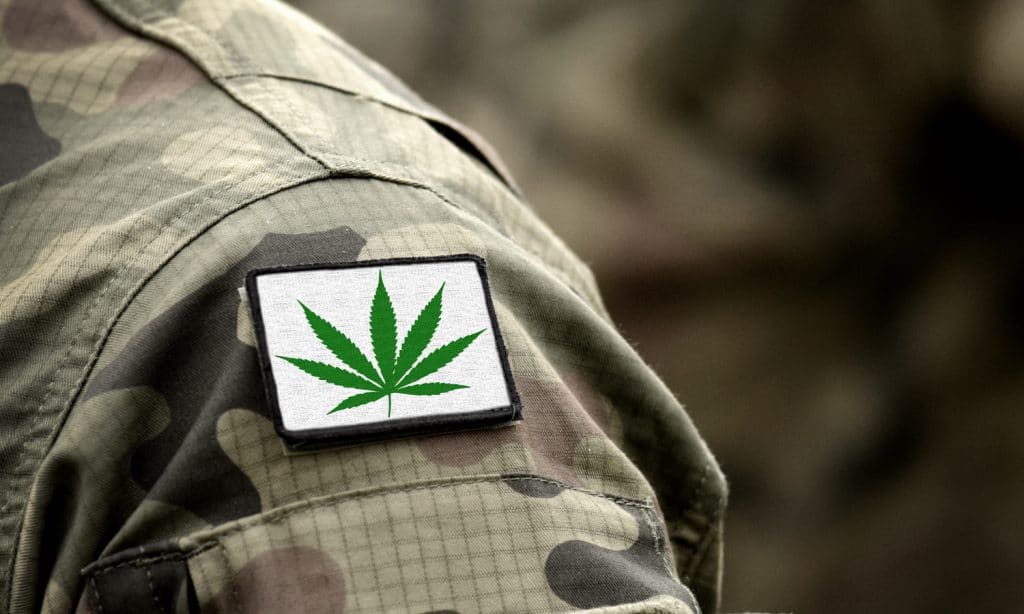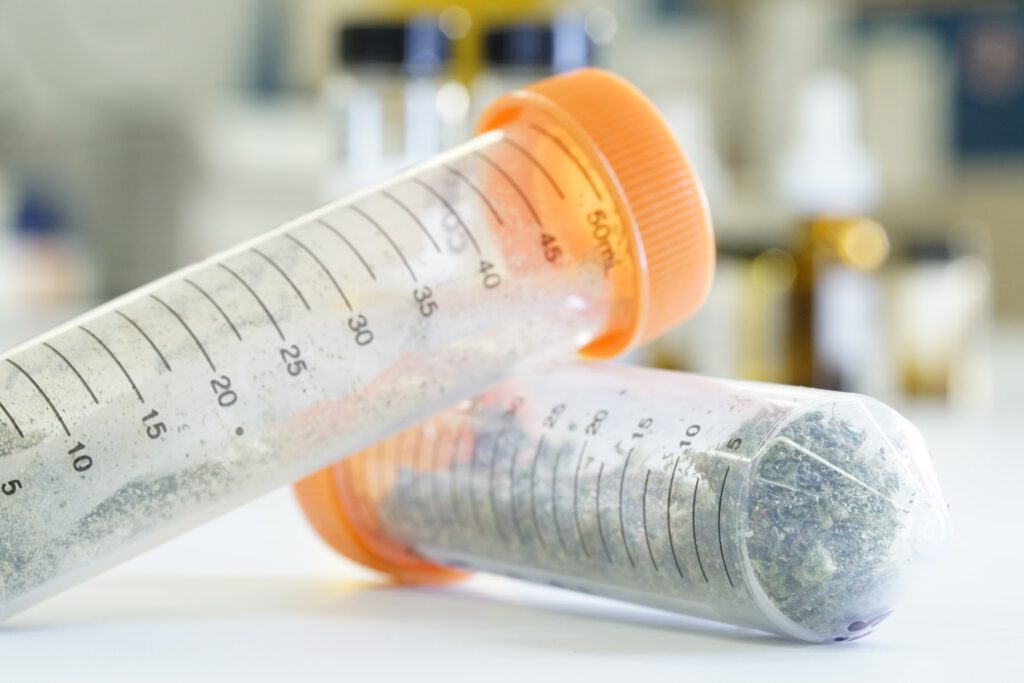Two years ago, the Michigan Department of Agriculture and Rural Development (MDARD) established the state’s first Industrial Hemp Ag Pilot Program so farmers, processors, and colleges and universities could grow, handle, process, and research industrial hemp. The program continued into the 2020 growing season, with 631 growers and 517 processor-handlers registered and/or licensed to grow, process, and market industrial hemp. The bill, sponsored by Senator Dan Lauwers (R-Brockway Township) set a lot of parameters for hemp growers.
It might not make a lot of sense with marijuana being legal in Michigan, but the Feds hold a different view and want to make sure the industrial hemp grown won’t get anybody high. The bill two years ago required that government inspectors sample the plants for THC analysis.
Today, Governor Whitmer signed another bill sponsored by Senator Brockway, that gets the state program in line with the federal guidelines, which went into effect on Monday March 22nd.
“Updating our industrial hemp growers act was a critical step in maintaining regulatory certainty for hemp cultivation in Michigan,” said Gary McDowell, director of the Michigan Department of Agriculture and Rural Development. “This helps our hemp growers and processors ensure they’re aligned nationally and signals the importance of supporting this emerging part of our agriculture economy. I appreciate the bi-partisan support and swift movement ensuring Michigan’s legislative framework meets federal requirements.”
Key revisions and updates to the state’s Industrial Hemp Growers Act include the following:
The hemp harvest window has increased from 15 to 30 days. The grower registration cycle has been changed from December 1 – November 30 to February 1 – January 31. This means grower registrations already issued for the 2021 growing season will be valid until January 31, 2022. USDA modified sampling provisions allowing states to develop performance-based sampling requirements. This added flexibility lets MDARD take into consideration variables such as seed certification, grower compliance, variety performance, etc. when developing its sampling plan. Growers can now remediate non-compliant hemp instead of disposing of it. Specific options for remediation are identified and require post remediation sampling to ensure compliance with acceptable THC levels. The negligence threshold has been raised from 0.5 percent to one percent, and the maximum number of negligent violations a grower can receive in a growing season (a calendar year) has been limited to one. Effective December 31, 2022, all laboratories testing industrial hemp, including those laboratories testing hemp throughout the growing season to monitor THC levels, must be registered with the United States Drug Enforcement Agency.Copyright
© 420 Intel






